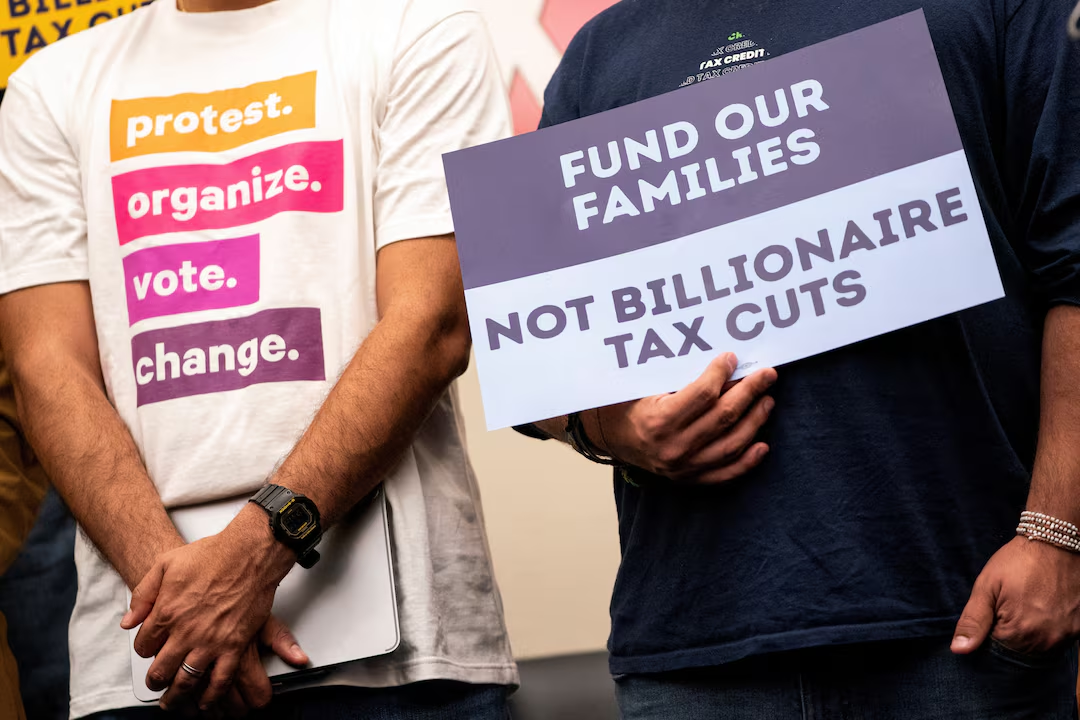
The dollar – the cornerstone of global finance – is generally immune to internal squabbles over domestic policies. But right now, a tax debate brewing in Washington D.C. is roiling currency markets, and as currency markets are volatile – that's trickling into the dollar and this volatility has material implications for investment portfolios around the globe.
This is no political theater – this is an essential conversation that has real consequences for your dollars and your financial future. Here are three ways the tax debate in the US is unsettling the dollar and affecting the positions you hold in your investment portfolio.
1. The Cloud of Uncertainty: Markets Despise Ambiguity
Financial markets are in turmoil because of the contraction of certainty and reliability. The more complicated uncertainty about tax policy direction becomes. Taxes on corporations, individual income taxes, and capital gains. The more uncertainty. Certainty provides an opportunity for investors to gauge the risks. Uncertainty provides a challenge.
Businesses may delay investment decisions. Investors may not want to invest cash. And when uncertainty continues, the overall economic sentiment becomes adverse. Uncertainty of tax policy takes rates for the dollar and makes them look less attractive.
Uncertainty is the silent killer of economic growth. Foreign institutional investors, as part of considering their investments, are looking for surprises that invalidate the viability of their returns. They could ultimately abandon investment in the USA. This will weaken the dollar, as capital moves towards countries with more favorable taxation circumstances. Uncertainty will continue. The longer the situation drags on, the more prolonged dollar weakness driven by uncertainty will be.
2. Fiscal Fears and Mounting Debt Worries
At its core, any tax debate is intrinsically linked to government revenue and, consequently, national debt. Heated discussions around taxation often highlight fundamental disagreements over fiscal priorities. These include how much the government should spend, how much it should collect, and the sustainable path for the nation's balance sheet.
If proposed tax changes are perceived as insufficient to address long-term fiscal imbalances, or if they suggest a trajectory of ever-increasing debt, investor confidence in the US dollar can erode. A weakening dollar, in this context, can be a symptom of broader concerns about the nation's fiscal health.
Global creditors and investors may demand a higher premium to hold dollar-denominated assets. This fiscal anxiety can weigh heavily on the dollar's strength.
3. Ripple Effects on Economic Growth and Inflation
Tax policy stands as one of the most powerful levers available for affecting economic activity. Proposed changes made to corporate or individual taxes indeed have the ability to change the incentives around investment, hiring, and consumer spending.
If the market thinks that the result of the debate around tax may encumber economic growth, it will affect the future monetary policy decisions made by the Federal Reserve. If the market suspects drastic changes to inflation expectations (for example, increased government spending with no change in revenue or sufficiently large increases in government borrowing that it swamps private sector borrowing) that will impair Fed discretion, it can have substantial delays on monetary policy.
The Fed's interest rate policy is consistently the primary factor in the dollar's intrinsic value. If the tax policy debate negatively affects estimated metrics around rates of growth, inflation expectations, or an anticipated change in behavior by the Fed on interest rates, even a slow movement in the dollar can happen quickly!
For an investor, this means that the value of your international investments, the costs of imports and exports, and even the earnings of multinationals within your portfolio can all potentially be indirectly affected by dollar shifts triggered by shifts in tax policy.
The ongoing US tax debate underscores the interconnectedness of policy, currency markets, and investment portfolios. Staying informed about these discussions isn't just about understanding politics; it's about recognizing the critical forces shaping the dollar's trajectory and, by extension, your financial landscape.













